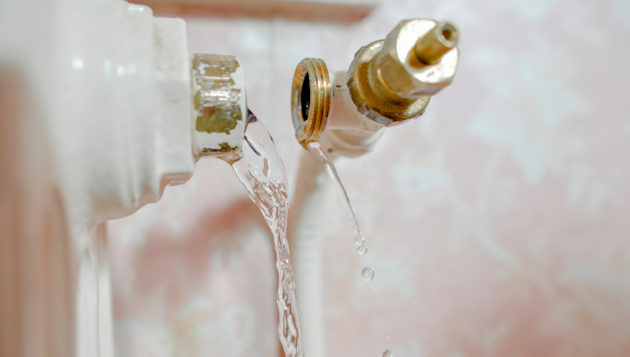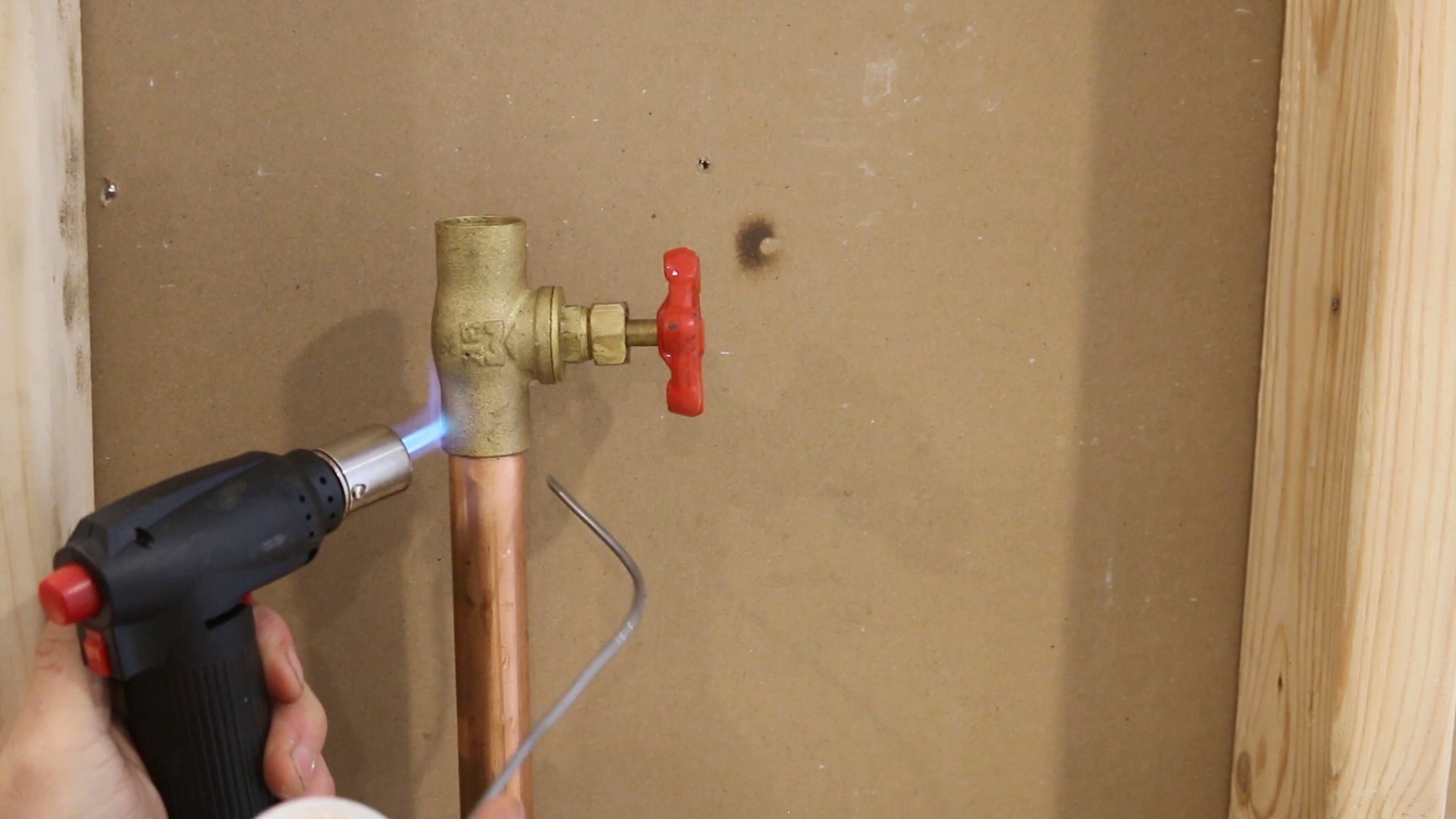Intelligent Approaches to Preserve Your Plumbing in Chilly Temperatures
Intelligent Approaches to Preserve Your Plumbing in Chilly Temperatures
Blog Article
Just how do you feel when it comes to How to stop pipes from freezing during the winter?

All home owners who reside in temperate climates need to do their best to winterize their pipes. It is something you need to do throughout autumn before deep winter months really starts. Failing to do so can mean disaster like icy, broken, or ruptured pipes. If the weather exterior is terrible, right here are some handy winterizing hacks to keep your plumbing system shielded even.
Switch on the Faucets
When the temperature decreases as well as it seems as if the icy temperature level will certainly last, it will help to turn on your water both inside your home and outdoors. This will maintain the water streaming with your plumbing systems. You'll finish up squandering gallons of water this means.
Open Up Cupboard Doors Hiding Plumbing
When it's cold outside, it would be handy to open up closet doors that are masking your pipes. They might be someplace in your cooking area or washroom. This will allow the cozy air from your heating unit to circulate there. Therefore, you protect against these exposed pipes from freezing. Doing this tiny trick can maintain your pipelines cozy and also restrict the possibly harmful outcomes of freezing temperature levels.
Take Some Time to Cover Exposed Pipeline
One very easy as well as clever hack to heat up cold pipes is to cover them with warm towels. You can additionally use pre-soaked towels in warm water, simply do not forget to use safety handwear covers to safeguard your hands from the warm.
Try a Hair Dryer or Heat Weapon
When your pipelines are nearly freezing, your reliable hair dryer or warmth gun is a blessing. Bowling warm air directly right into them may assist if the warm towels do not aid dislodge any settling ice in your pipes. However, do not make use of various other things that create direct fires like a blow torch. This can lead to a larger disaster that you can not control. You may end up damaging your pipes while attempting to melt the ice. And over time, you might even wind up burning your residence. So be cautious!
When Pipes are Frozen, close Off Water
Turn off the major water shutoff promptly if you observe that your pipes are totally frozen or virtually nearing that phase. You will usually discover this in your cellar or laundry room near the heating unit or the front wall surface closest to the street. Transform it off right away to avoid further damage.
With even more water, even more ice will stack up, which will at some point lead to burst pipes. If you are uncertain about the state of your pipelines this winter season, it is best to call a professional plumber for an examination.
All property owners that live in temperate climates must do their finest to winterize their pipelines. Failure to do so can spell disaster like icy, broken, or burst pipelines. If the hot towels do not assist remove any type of resolving ice in your pipelines, bowling warm air directly into them may assist. Transform off the major water valve right away if you notice that your pipelines are totally icy or almost nearing that stage. With even more water, more ice will certainly stack up, which will at some point lead to rupture pipelines.
PREVENT YOUR PIPES FROM FREEZING THIS WINTER
A Leading Cause of Property Damage
When the weather is taking a deep nose dive into the cold dreary days, the risk of your pipes freezing and potentially bursting skyrockets. Unfortunately, during these cold dreary months, burst pipes are the most common denominator for property damage. The pipes that are most at the risk are those that are in areas where it is most cold in your home. For instance, pipes located in interior places such as basements, attics, and your garage. Unfortunately, that doesn’t mean that the pipes running through your cabinets or exterior walls can’t freeze. Good news, however, is that you can do things to help prevent pipes from freezing.
How to Prevent Pipes From Freezing
Once the temperature starts to drop during the winter, you should be taking the proper measures needed to ensure that your pipes stay warm and that there is circulation of water through them. Some steps that experts may recommend could go against your better judgement when it comes to saving water and heat. However, it would go without saying that when expenses are compared, damaged pipes could put a bigger dent in your wallet than a water bill.
What Can I Do?
Keep your garage door closed. This is very important, especially if you have water supply lines running through your garage. Open your kitchen and bathroom cabinets to allow warm air to circulate through them. Allow air circulation throughout your home. Keeping the interior doors open will once again allow the warm air to circulate inside your home. Ensure your thermostat is running the same temperature throughout the night and day. If you plan to be away from home during the cold months, set your temperature no lower than 55° F. This should provide enough heat to keep the pipes warm and prevent any remaining water inside the pipes from freezing. For more of a long-term solution, add insulation to attics, basement, and other crawl spaces around your home. By allowing your faucet to drip, it will alleviate pressure in the system. This is important because the pressure that is created between the blockage and the faucet can potentially cause the pipes to burst. Allowing the faucet to drip will prevent the pressure from building up, therefore keeping the pipes from bursting. Seal any cracks, openings, and crawl spaces around your home to prevent cold air from coming inside. This keeps your pipes-not to mention your home-warmer and less susceptible to issues caused by freezing temperatures. For the pipes in your home that are easily accessible, applying electrical tape to them might prevent them from freezing over. This is a quick fix, as you can apply the tape directly to the pipe. There are two options for heating tapes. One turns on and off by itself when it senses heat is needed. The other type of heating tape needs to be applied when heat is needed and removed when not necessary. If you have exposed pipes in your home, you can check this website to take a look at a few options that would be available at a shop near you.

I stumbled upon that piece of writing about How to stop pipes from freezing during the winter when browsing the web. If you enjoyed our page plz make sure you remember to share it. Thank-you for your time invested reading it.
Secure your plumbing. Report this page